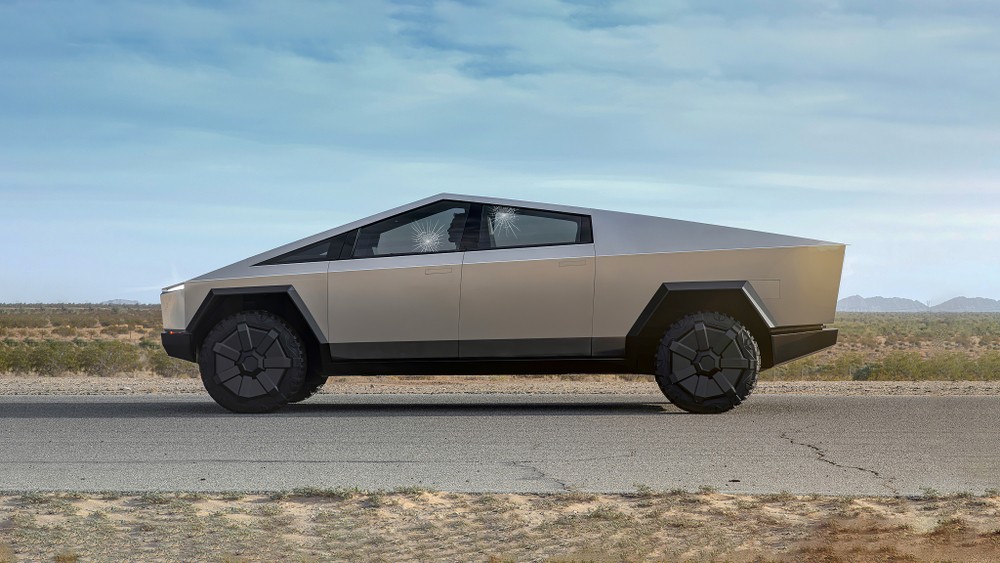What Tesla’s Cybertruck Mishap Teaches us About Quality Control

Tesla CEO Elon Musk had a colorful reaction when the glass on his prototype Cybertruck shattered just moments after he guaranteed an audience that it wouldn’t. After touting the feature and building audience expectations, all it took was a single steel ball bearing to bring everything crashing down — including Tesla’s stock price. And, yet again from Tesla, we’re presented with a lesson in the importance of quality control.
What went wrong?
If all had gone as planned, Tesla’s Cybertruck would’ve survived the ball bearing and ricocheted it back at the thrower. In fact, that’s how it was planned. A few days after the incident, Elon Musk tweeted a video of a previous, successful window impact test. So why did the window shatter on stage during the live presentation?
Musk credits the mishap to a previous demonstration. Earlier in the demo, someone hit the door with a sledgehammer to show the vehicle’s impact resistance. Reportedly, this door panel impact compromised the base of the window so that when it was struck with the ball bearing, an already weakened constitution shattered. That’s the company line, anyway.
Franz throws steel ball at Cybertruck window right before launch. Guess we have some improvements to make before production haha. pic.twitter.com/eB0o4tlPoz
— Elon Musk (@elonmusk) November 23, 2019
What can we learn about quality control?
It’s clear Tesla tested the glass. But what they failed to do was test it within the context of their presentation. While a sledgehammer impact or ball bearing assault alone wouldn’t damage the glass, the two together did. In short, it’s a quality control issue.
Quality control is all about putting the final product through its paces and subjecting it to rigors that determine its failing point. How far will the rubber band stretch before it snaps? To what temperature will the decal stay affixed before falling off? Quality control isn’t about testing products to their rated capabilities — it’s about pushing beyond them. The reason is evident from Tesla’s presentation: Because something can and will push every product beyond expectations.
Continued lessons in quality control
Tesla continues to be one of the most innovative companies in the world. But they also continue to be a cautionary example of what happens when quality control comes second to customer expectation. It wasn’t long ago Tesla was manufacturing cars in tents just to meet quarterly demands — and in this same situation, as many as 4 in 5 cars faced quality issues.
The risk any company faces, Tesla included, is the prospect of quality issues following the brand. Once a product or a brand gets the reputation for lackluster quality, it’s an anchor. It costs time and money to fix and needs substantial brand outreach to recoup lost consumers. And that’s if there’s no mortal peril involved in the quality issue! In the same vein as Tesla, car companies like Fiat Chrysler and General Motors still tread lightly with consumers after recalls for faulty brakes and other safety features.
Tesla still has time to make right by its Cybertruck and regain consumer confidence. The moral of the story remains the same, however: Quality needs to be uncompromising and quality control robust.